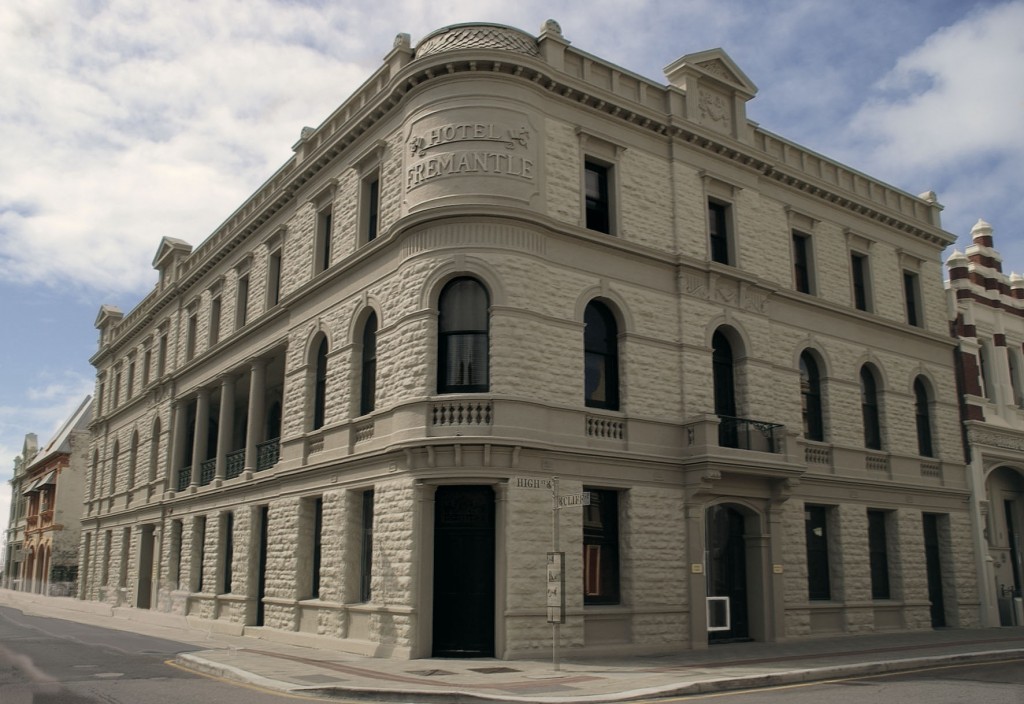
A series of thought-provoking lectures and interactive walking tours will take guests on a journey through the long and complex experiences of war in Fremantle since 1829 as part of the City’s 2015 Fremantle Heritage Festival program at The University of Notre Dame Australia from 8 to 17 May.
Did you know, a massive strike gripped Fremantle in 1917 where waterside workers in Fremantle refused to load supplies they believed were destined for German trenches during the Great War?
Discover this and more at Notre Dame’s Heritage Festival program, titled The War you Thought you Knew – Fremantle and the Great War, 1914-1918.
Acknowledging the 100 years which have passed since the Allied landings at Gallipoli, the program will uncover the secrets, relive the stories and explore the significant wartime histories of one of Western Australia’s oldest communities.
Beginning with the Festival Keynote Address by Professor Deborah Gare on 8 May, a number of free public lectures and tours will be held throughout the program – providing insights to the key figures, community troubles, historical landmarks and mass media influences that shaped Fremantle society during and following the Great War.
The program concludes with a twist to its popular ‘Walking the West End’ tour: Dr Shane Burke, Senior Lecturer in Archaeology at Notre Dame; Associate Professor Bill Leadbetter, Adjunct Associate Professor in History at Notre Dame; Madison Lloyd-Jones; and Professor Gare will lead guests through the story of ‘Fremantle and War’ as it unfolded on the streets and wharves of our town.
During the tour, guests will retrace the steps of the Boer War’s Breaker Morant in Cliff Street, relive the welcome home parades of the Great War on High Street, and visit a World War II air raid shelter and other important historical sites in Fremantle.
“The Fremantle Heritage Festival is a significant community event on Notre Dame’s annual calendar where we delve into the life and times of one of WA’s oldest communities to ensure its stories live on for many generations to come,” Professor Gare said.